Data Solutions Driving the Future of Mobility and Transportation
Mobility is the thread woven into every industry and every way of life. And, by extension, the vehicle is part of that identity. Challenges arise through that mobility evolution, and space is an issue today. No sugar coating on this one; there are a lot of cars on the road being driven at any given time by just one person. What are the solutions driving the future of mobility? Are we there yet?
There are a lot of ambitious plans in 2023 to push mobility forward, from Zero-Emission Trucking to Tesla’s announced goal of producing 20 million electric vehicles annually by 2030. The one element essential for the future of mobility is data.
Data solutions are critical to driving vehicle efficiency and generating progress in mobility. One of the players involved with these data solutions is Brain+Trust. Tim Hayden, CEO at Brain+Trust Partners, sat down with Are We There Yet’s Grant Harrell to talk about the future of mobility and what he and his company are doing to get the world a little bit closer to tomorrow today.
“One of the things we’ve looked at is with data, for instance, when you have competing carpool programs or platforms out there, is there a way to anatomize data and let the two platforms talk to each other?” Hayden said. “So, if someone’s looking for a ride, the driver that’s on this platform may be able to take passengers from this platform. I’m trying to offer that in a practical sense because there’s a lot that goes into that. We can do more to help the performance of car dealers, insurance companies, and anybody else helping with smart city planning right now. But what’s the one thing that’s running through all of it? And that’s data.”
Harrell and Hayden discuss the following:
- How today’s data technology is creating new mobility solutions
- Solving infrastructure challenges of heavily populated areas for the future needs of mobility and transportation
- Integrating more efficient means of transportation into everyday life
“I’ve lived in Austin for twenty-two years,” Hayden said. “For a short time, I had an office in Manhattan. And so, when I went to New York, I found out real quick that it was quicker to walk across Midtown than to take a cab. I walked all over that city. And when we went to buy a house in Austin, we bought one close to a train station in a neighborhood where we would have good insight into what would be developed around it. I started understanding how much better my head was when I got to the office.”
About Tim
Tim Hayden brings more than 20 years of marketing and business leadership experience to the task of founding new ventures. He catalyzes transformational progress within some of the world’s largest brands. As a social anthropologist and strategic business executive, Tim studies human behavior and how media and mobility reshape the business. From operations to marketing and customer service, he assembles technology and communications initiatives that lead to efficiency and revenue growth.
As a current investor/advisor to technology startups, Tim actively works with entrepreneurs and ventures to capitalize on opportunities and shifts across many industries.
Tim also proudly serves on the executive board of and in volunteer leadership positions with non-profit organizations.




